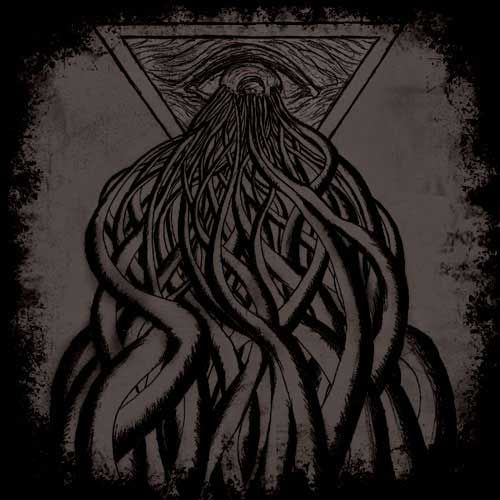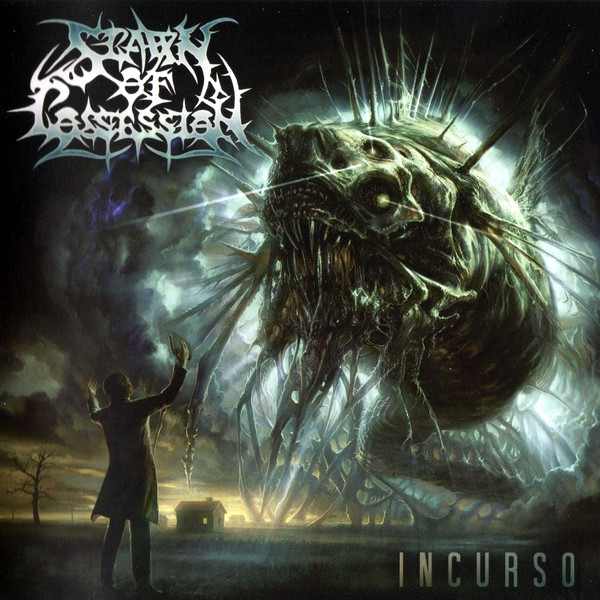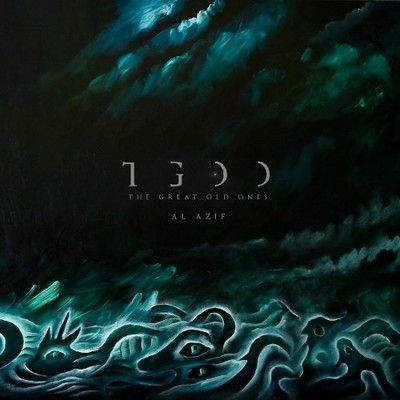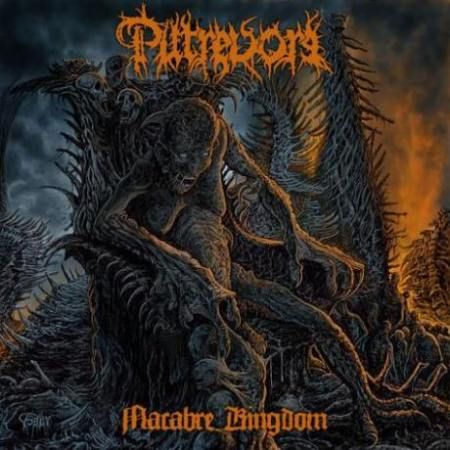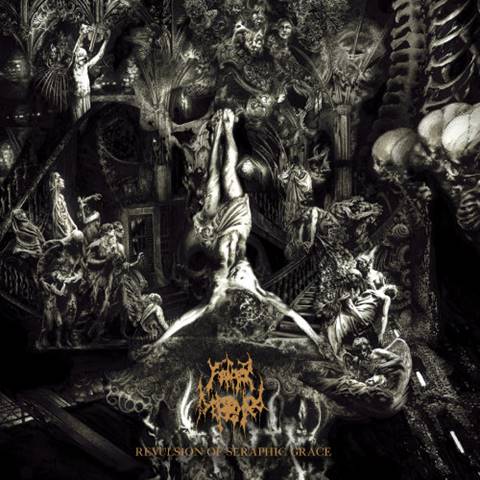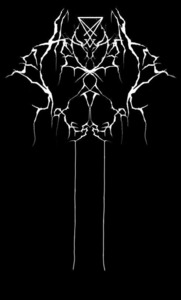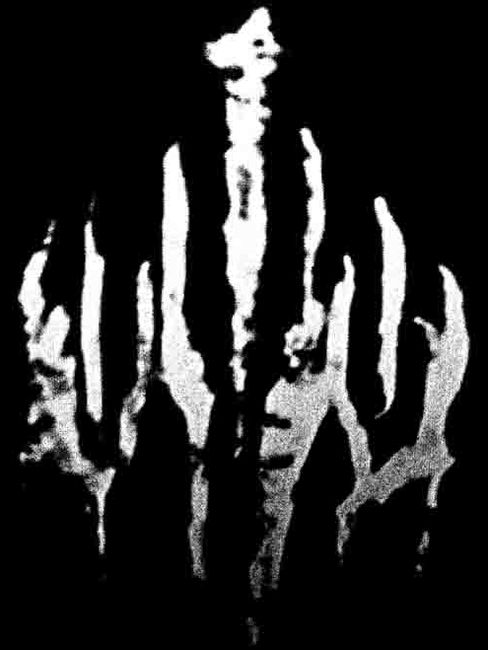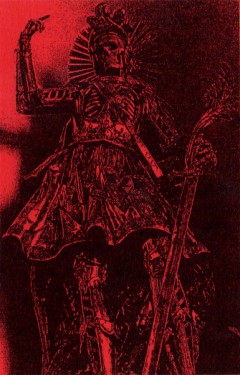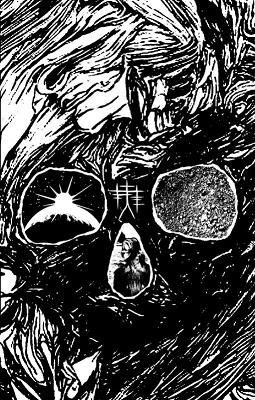Monomakh- MMXII
Monomakh are a new project from(where else) Australia, and with MMXII, the projects new demo, is their contribution to the Blackened Death Metal resurgence that has taken place over the last several years. Yet those expecting cavernous and overwhelming ambient atmosphere or warp speed blasting and war machine riffs are in for a bit of a wake up call here, as Monomakh bring a somewhat unique approach to the sound. Bands like Incantation and Archgoat come to mind when listening to Monomakh no doubt, but this one piece project offers a fairly fresh perspective on the Blackened Death Metal sound from a country which has already defined and progressed the genre a dozen times over the last decade.
It's not to say that MMXII doesn't have it's share of doom-laden, tremolo picked riffs, occasional ambiance or war torn imagery(the cover art is literally of a battle after all). It's what with all of these well worn elements, Monomakh brings both a more riff-oriented and diverse song writing template to the table, complete with a slightly greater focus on melody, and a more expansive, busy song-writing style. Only "Barbaros" clocks in at under five minutes, and both "Kokytos" and "Deathabomination" exceed seven minutes running time. Yet despite this, neither track ever feels under-developed, self-indulgent or tired. Monomakh never resort to pointless, boring Funeral Doom or over-the-top keyboards to pad the running time... hell, riffs are barely ever re-used. Each track on MMXII is jam packed with ideas, yet all of them remain cohesive and brutal from beginning to end. "Barbaros" in particular is as savage and deadly as they come, starting out with a mighty scream and some fantastic drumming, while the whirlwind of riffs and melodic undercurrents bring to mind an unholy mix of Deiphago and Arghoslent. Then it ends in a suffocating cloud of demonic plague spores that would feel right at home on an Antediluvian or Grave Upheaval release.
There is this wonderful yet subtle mix of modern, atmospheric Blackened Death Metal/Incantation worship and seemingly out of place old-school 80's/90's Death/Thrash on MMXII that may not quite hit the listener through the first few listens, but the more time one spends with it the more these elements show themselves in the compositions. "Deathabominations" features plenty of old-school, Thrash-y sections and melodic leads what will remind many of the previously mentioned Arghoslent, as well as fellow Australians Destroyer 666 and Vomitor, yet it's so lost in the minutia of the cavernous production style as to feel organic and like a natural progression of the composition, as opposed to merely thrown into the song for "old-skull credibility." This focused thematic and musical attack is as impressive as they come, and makes MMXII one of the most listenable and powerful Death Metal releases this year.
And as if it couldn't get any better, MMXII is free of charge on the bands Bandcamp page, which makes the wonderful, heavy and catchy as fuck demo a must listen for everyone involved. MMXII may not blow you away on initial listens(it sure didn't with me) due to a feeling of deja vu, but its the kind of complex, active album which requires multiple listens to appreciate and will eventually worm its way into your skull as it did mine. Monomakh have come up with a new approach to Blackened Death Metal in a time in which the genre is dominated by clones and imitators, and that is something everyone should be able to appreciate.
Rating: 9/10


